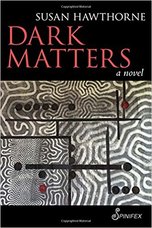
The title of the book indicates just how deep Hawthorne is going with her story. “Dark matter” refers to the matter that composes about 84% of our universe. It is not made up of atoms. We know it is there, because we can observe its gravitational pull, but so far, nobody has been able to figure out what it is
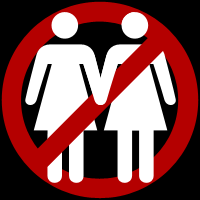
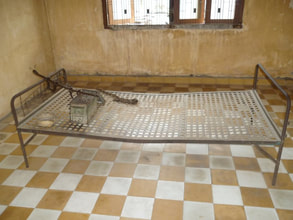
The prison diaries are fascinating and horrifying. Kate narrates the details of her torture, which includes rape, while carefully documenting her strategies for keeping herself sane during the ordeal. Her secret weapon is language. Desi notes how pain destroys language and describes Kate’s ideas of invention of language as a form of revenge against the torturers: “Her way of winning.”
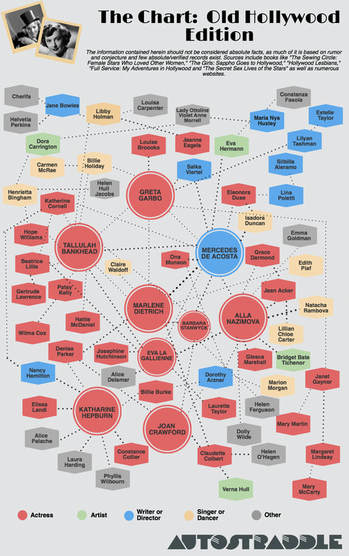
“That’s the thing about lesbians, it’s a kind of detective story that unwinds in scraps but half of the pages are shredded and the rest are so destroyed as to be unreadable. What we have left are fragments.”
Desi calls her discipline “Diagonal Genealogies.” Because, of course, lesbians don’t usually descend from lesbians. I think of my own diagonal lesbian genealogy, my own lesbian aunt. The “spinster schoolteacher” who actually lived with another woman for most of her adult life, raised that woman’s children, and put them through school. And then there are the diagonal lesbian literary genealogies I share with Hawthorne… Sappho, Woolf, Wittig, H.D… And also her pantheon of goddesses.
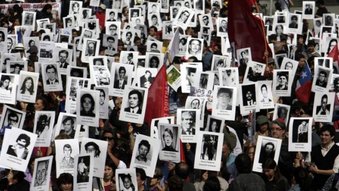
“…those lists are helping me figure out the relationships, order of birth and all the pieces that go missing in family trees where there are only women to pass on the stories. On the most difficult to reach branch of the tree sits the lesbian.”
Dark Matters moves from a dystopian fictional “disappearing” of lesbians in Australia to the historical Chilean desparecidos under the regime of Pinochet. Desi, searching for her dead aunt’s lover, travels to Chile and visits the Museo de la Memoria y los Derechos Humanos (Museum of Memory and Human Rights). It is estimated that, under Pinochet, tens of thousands were imprisoned and tortured and an estimated 200,00 Chileans were driven into exile. Two thousand were executed. Many of these victims were secretly abducted and imprisoned. To the outside world, they simple “disappeared.”
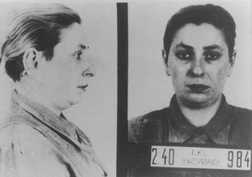 Henny Schermann, lesbian arrested and killed in 1942 at Ravensbrueck
Henny Schermann, lesbian arrested and killed in 1942 at Ravensbrueck Desi makes connections between what happened to lesbians in Nazi Germany and what is happening currently to lesbians in countries where our freedoms are not protected. She notes how lesbians are called “disposables” in Columbia, and I think of the term “corrective rape,” and how liberally it has been executed against South African lesbians. Desi quotes from poem by Gill Hanscombe: “No one is proud of dykes… Only other dykes are proud of dykes.”

 RSS Feed
RSS Feed
